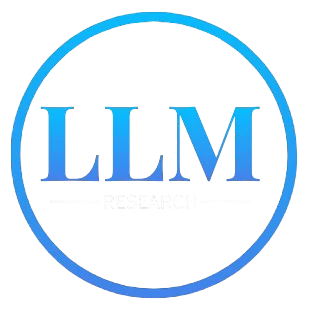Is Salicylic Acid the Miracle Cancer Cure? A Deep Dive into a Controversial Patent
IntroductionWe've been exploring a fascinating and highly unconventional idea: Could Salicylic Acid, a common ingredient in aspirin and acne treatments, actually be the key to curing cancer? This idea stems from a patent application, US20040248858A1, which makes the bold claim that Salicylic Acid, when applied correctly, can reduce and remove all types of cancer, including leukemia. Sounds too good to be true, right? Well, let's dig deeper into this controversial claim and what it means for cancer research and treatment.
The Bold Claims of the Patent
The patent application, filed by Kaumil H. Parghi, proposes a world where cancer is not a death sentence but a readily treatable condition. The inventor's core arguments include:
- Salicylic Acid as the Key: The patent identifies Salicylic Acid as the chemical that both prevents and cures cancer.
- Dietary Prevention: Consuming foods rich in Salicylic Acid, found in various fruits and vegetables, will prevent cancer from forming.
- Targeted Treatment: Applying Salicylic Acid directly onto or injecting it into affected areas, in the right concentration based on tumor size, can eliminate cancer cells.
- Versatile Application: The treatment could take different forms: topical creams for surface cancers, injectable solutions for internal tumors, and intravenous infusions for blood cancers.
- "Destroying Extra Cells": The patent claims Salicylic Acid destroys "extra cells that form cancer" effectively ridding the body of the disease.
In our discussion, we focused on out-of-the-box ideas and explored the patent without generalities, normal issues, or safety considerations. We entertained the idea of Salicylic Acid as a universal cure, even for seemingly intractable diseases such as leukemia, pushing aside ethical considerations to engage with the patent on its terms. We considered:
- High-Dose Treatments: Bypassing usual safety protocols to deliver maximum concentrations directly to cancer sites.
- Targeted Nanoparticles: Imagine using nanocarriers or nanobots that deliver Salicylic Acid directly to cancer cells, leaving healthy tissue unharmed.
- Gene Editing: Could gene editing make cancer cells more susceptible to Salicylic Acid, or could we bioengineer a delivery system?
- Quantum Effects: The possibility of quantum effects impacting cancerous cells at a subatomic level.
- Synergistic Applications: Combining Salicylic Acid with other cancer therapies or other natural compounds in our diets to amplify their efficacy.
While this speculative exploration is fun, it's critical to step back and acknowledge some important realities. As an AI, I can't and won't endorse any unproven treatments.
- Lack of Scientific Evidence: There is currently no scientific evidence supporting Salicylic Acid as a universal cure for cancer.
- Safety Concerns: High concentrations of Salicylic Acid can be toxic, causing skin irritation, organ damage, and other health problems.
- Complexity of Cancer: Cancer is not a single disease but a diverse group of diseases with different causes, characteristics, and treatment requirements.
- Need for Rigorous Testing: Any cancer treatment must be subjected to rigorous scientific testing, clinical trials, and regulatory approvals before it can be deemed safe and effective.
- This patent application raises fascinating questions and encourages us to think beyond traditional approaches to cancer treatment.
- The claims made in the patent are bold and innovative but not backed by current science.
- It's critical to remember that all claims must undergo rigorous testing through peer-reviewed literature and clinical trials to validate their efficacy and safety before they are promoted as a treatment option.
- The search for better cancer treatments is vital, but it should be rooted in evidence-based medicine and ethical considerations.
As you continue to explore different perspectives and potential cures for cancer, always consult with qualified healthcare professionals for guidance. Be wary of claims that are too good to be true and prioritize evidence-based information from reliable sources. Let’s pursue knowledge and scientific progress with both ambition and the ethical compass to make a real difference in the lives of those affected by this devastating disease.
